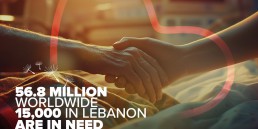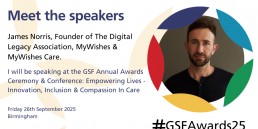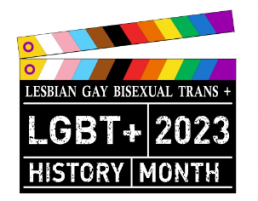
What is LGBT+ History Month
LGBT+ History Month celebrates LGBT+ people in all their diversity, raises awareness and combats prejudice with education.
LGBT+ History Month theme
LGBT+ History Month 2023’s theme celebrates LGBT+ peoples’ contribution to cinema and film from behind the lens.
This includes directors, cinematographers, screen writers, producers, animators, costume designers, special effects, make up artists, lighting directors, musicians, choreographers and beyond.

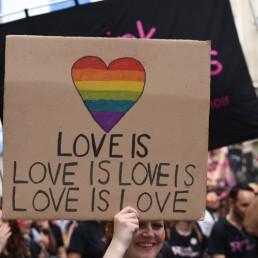
LGBT+ Inequality in end of life care
In this article we have decided to explore the historical and current inequalities experienced by members of the LGBT+ community at the end of their lives. This can due to a lack of understanding, education and access to information specific to the needs and concerns of LGBT+ individuals.
We have collected and collated snippets of data from three different reports to highlight some of the inequalities experienced within the UK.
The Marie Curie 'Hiding Who I Am' report
In 2016, Marie Curie outlined a number of challenges and concerns held by LGBT+ individuals when engaging with end of life services in the ‘Hiding Who I Am’ report. The report identified six key areas that can lead to LGBT+ inequalities.
1. Anticipating discrimination
2. Complexities of religion and LGBT+ end of life care
3. Assumptions about identity and family structure
4. Varied support networks
5. Unsupported grief and bereavement
6. Increased pressure on LGBT+ carers
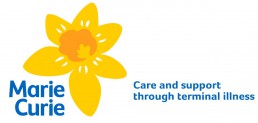

Hiding Who I am Report - LGBT+ inequalities within end of life and end of life care
1. Anticipating discrimination
People access palliative care services late or not at all, either because they anticipate stigma or discrimination or they think the service is not for them. Stonewall reports that three in five older gay people are not confident that social care and support services will be able to understand and meet their needs.
2. Complexities of religion and LGBT+ end of life care
Anecdotal evidence suggests that palliative and end of life care services may not always ensure LGBT+ patients and their families have the same spiritual needs addressed at the end of life as any other patient.
3. Assumptions about identity and family structure
Health and social care staff often make assumptions about people’s sexuality or gender identity that have an impact on their experience of palliative and end of life care. Evidence suggests that some clinicians do discriminate on the basis of sexual orientation.
4. Varied support networks:
LGBT+ people at the end of life may choose to be surrounded by close friends and support groups which represent constructed support networks alongside biological ones. LGBT+ people can also feel concerned that their loved ones will not be respected and recognised as next of kin.
5. Unsupported grief and bereavement:
Partners feel isolated or unsupported during bereavement because of their sexuality.
6. Increased pressure on LGBT+ carers:
There is increased pressure on informal carers, because people are accessing palliative and end of life care services late or not at all. LGBT+ people may also experience barriers to palliative care because they are:
– three times more likely to be single
– less likely to have children
– far more likely to be estranged from their birth families (though many LGBT+ people will have alternative family structures in place)
-significantly more likely to experience damaging mental health problems
These factors are likely to lower the chances of stable, ongoing informal care for some LGBT+ people. Informal care, particularly from a partner, plays a vital role in ensuring someone gets access to palliative care. However, further research is needed on how being single influences access to health and social care services at the end of life, and on how adaptable hospice and palliative care services are to alternative friend and family structures.
Accessing healthcare services - The National LGBT Survey
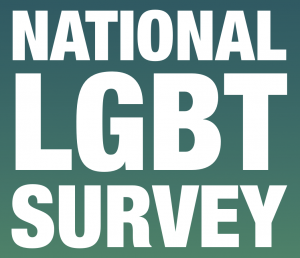
In 2017 the UK government launched the National LGBT+ Survey, the largest of its kind, engaging with over 100,000 recipients. The survey aimed to gather information about the lived experience of LGBT+ people within the United Kingdom. The data below highlights inequalities from those identifying as Transgender.
38% encountered a negative experience because of their gender identity
21% had specific needs were ignored when accessing or trying to access healthcare services
18% said they were subject to inappropriate curiosity
18% avoided treatment for fear of discrimination
Attitudes of health and social care professionals
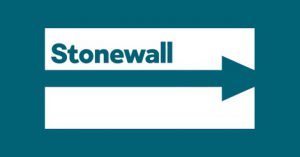 Data published by the LGBT+ rights organisation ‘Stonewall’ (2015) highlighted negative attitudes of health and social care professionals towards members of the LGBT+ community. Some of the findings from the report are shown below
Data published by the LGBT+ rights organisation ‘Stonewall’ (2015) highlighted negative attitudes of health and social care professionals towards members of the LGBT+ community. Some of the findings from the report are shown below
58% of health and social care practitioners didn’t consider sexual orientation relevant to a persons health needs
24% of patient-facing staff heard colleagues making negative remarks towards lesbian, gay and bisexual people
20% had heard disparaging remarks about trans people
10% had witnessed a colleague claim someone could be cured of their sexual orientation
Conclusion
Health, social care and palliative care services need to improve the support and service provision provided to the LGBT+ community. Improvements have taken place over recent years however ongoing work, training, review and education needs to take place.
Learn more
- Learn more about LGBT+ Month by visiting https://www.stonewall.org.uk/our-work/campaigns/lgbt-history-month-2023
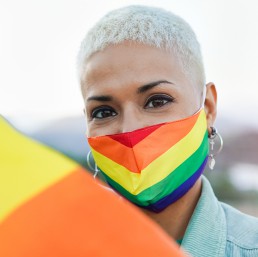
Self-empowerment
The best way to ensure that your unique, end of life wishes are adhered to, is to document and discuss them. You are welcome to use MyWishes to assist.
We are a ‘tech for good’ service and everything is free to use. To learn how it works click here.


Michael Sobell Hospice Palliative Care Department Mount Vernon Hospital, Gate 3 Northwood HA6 2RN United Kingdom (Map)
- Register and document your wishes for free here
- For all enquires click here
- To learn how MyWishes works click here
MyWishes free to use software was developed under the guidance of healthcare, hospice, legal and funeral professionals. Our platform empowers society to make plans for both themselves and those they care about.



